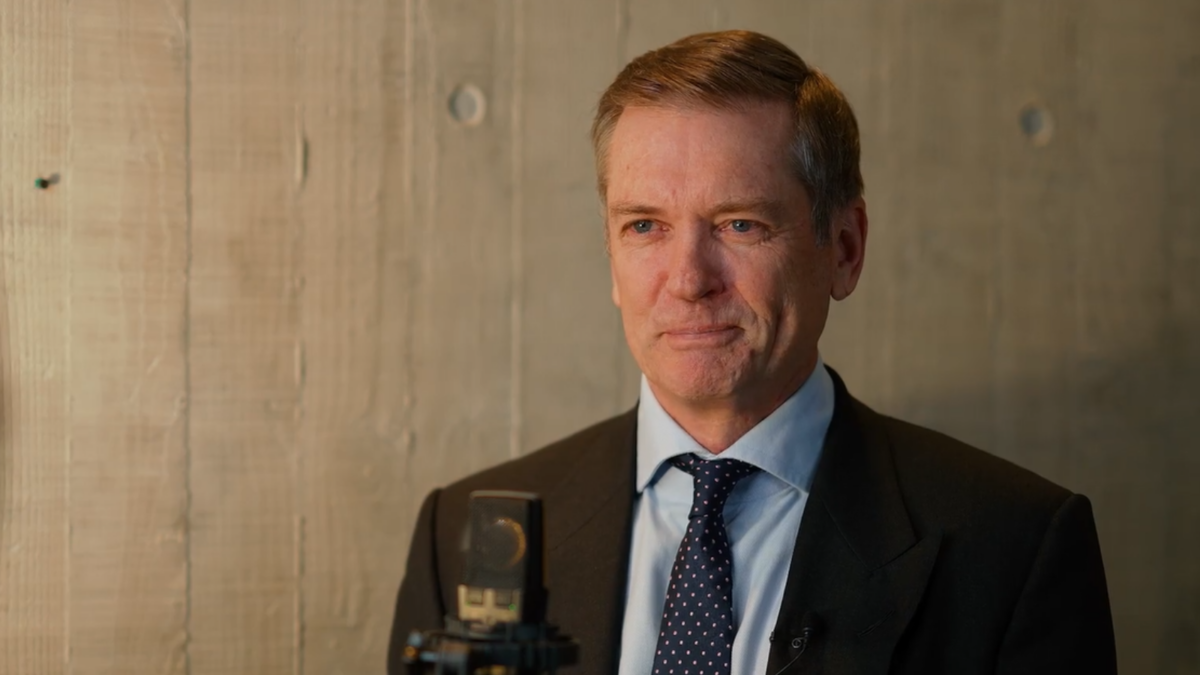Budget expected to maintain tax cuts, leave super alone
Treasurer Jim Chalmers is expected to maintain stage three income tax cuts in his first Budget for 2022-23, while changes to superannuation caps are not expected despite urging from the superannuation industry.
The 2022-23 October Budget is expected to provide some cost-of-living relief measures for Australian households given rising inflation and several interest rate rises this year. Good news too is expected on the size of the Budget deficit. The Commonwealth’s deficit for 2020-21 came in around $32 billion, which was $47 billion better than expected, largely thanks to a strong jobs market and higher-than-expected company taxes given strong commodity prices. The 2022-23 deficit could be even less.
According to Tapas Strickland, head of market economics at National Australia Bank, it is probable the revised Budget deficit forecast for 2022-23 will be between $25 billion to 30 billion or around 1 per cent of gross domestic product (GDP) given the surge in company tax revenues.
The Budget may contain updated inflation forecasts. According to Treasurer Chalmers’s July economic statement, inflation is forecast to peak at 7.75 per cent in the December quarter and to fall back to 5.5 per cent by mid next year. Diana Mousina, senior economist with AMP Australia, doesn’t expect these numbers to look too different in next week’s Budget.
According to Craig James, chief economist with CommSec, provided it is well balanced (revenue and spending measures), there are no major implications for financial markets.
Tax cuts to come
Stage three tax cuts will also likely be left intact after some debate about their fairness. The stage-three tax cuts, introduced by the Morrison government in 2019 with Labor’s support, favour high income earners by increasing the top tax bracket threshold to $200,000 from $180,000 and removing the $120,000-to-$180,000 tax bracket.
“We expect stage three tax cuts to be maintained as they are,” Mousina said. “The impact of this on consumer sentiment is probably neutral as many saw these tax changes as tax cuts for the rich, even though they make sense from a bracket creep point of view.”
Stephen Miller, an economist with GSFM, welcomes the tax cuts. “In most circumstances, tax cuts (whether personal or corporate) are a good thing,” he says. “However, a considered approach to their implementation (which the UK didn’t have) is important.”
Voters largely agree. According to a poll by The Guardian this week, 53 per cent of voters said Labor should stick with the tax cuts even though the economic situation was different to 2019, while 47 per cent said it was understandable if the Government pulled back on the cuts.
Calls for super changes
In terms of superannuation, while there have been some calls to change the caps around superannuation balances, Financial Services Minister Stephen Jones confirmed this week that Labor will not introduce a super balance cap in its October budget.
“We’ll look at submissions that have been put by ASFA and others, the SMSF Association had something to say about this about 12 months ago now as well,” Jones told Sky News this week.
In its pre-Budget submission, superannuation body ASFA had argued the government should look at adjusting caps for those super members on a high income or with a high account balance. ASFA said there are at least 11,000 superannuation fund members with balances of over $5 million. “Some of these funds have balances of some hundreds of millions of dollars, well in excess of retirement needs,” the submission stated.
ASFA has also called for measures which will ensure the maturing system will work better for women. ASFA wants superannuation contributions paid on parental leave and/or a $5,000 Super Baby Bonus introduced, payable following the birth or adoption of a child, to help boost retirement savings for women.
ASFA’s submission also proposes that the Low Income Superannuation Tax Offset (LISTO) should be made more generous by aligning the upper threshold for its receipt with recent changes to personal income tax rates. Women are around twice as likely as men to qualify for the LISTO.
“While the superannuation system is well-designed and working for the majority of Australians, the latest Australian Taxation Office figures show a significant gap of 23.1 per cent in superannuation balances between men and women as they approach retirement,” said Martin Fahy, chief executive of ASFA.
Joshua Lowen, market insights analyst at SuperRatings, said while superannuation balances are unlikely to be impacted by any Budget changes, Australians should also be reassured by the stability of the superannuation system from not seeing any major changes announced, “as it will allow them to better plan their superannuation strategy knowing the rules won’t change over the short term.”











